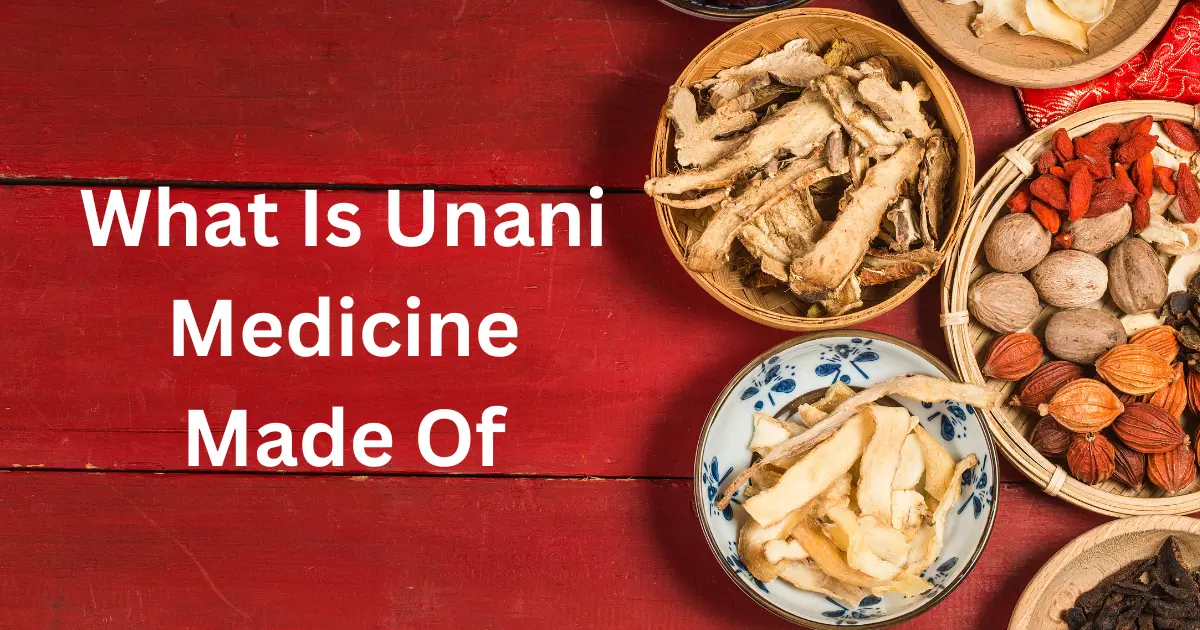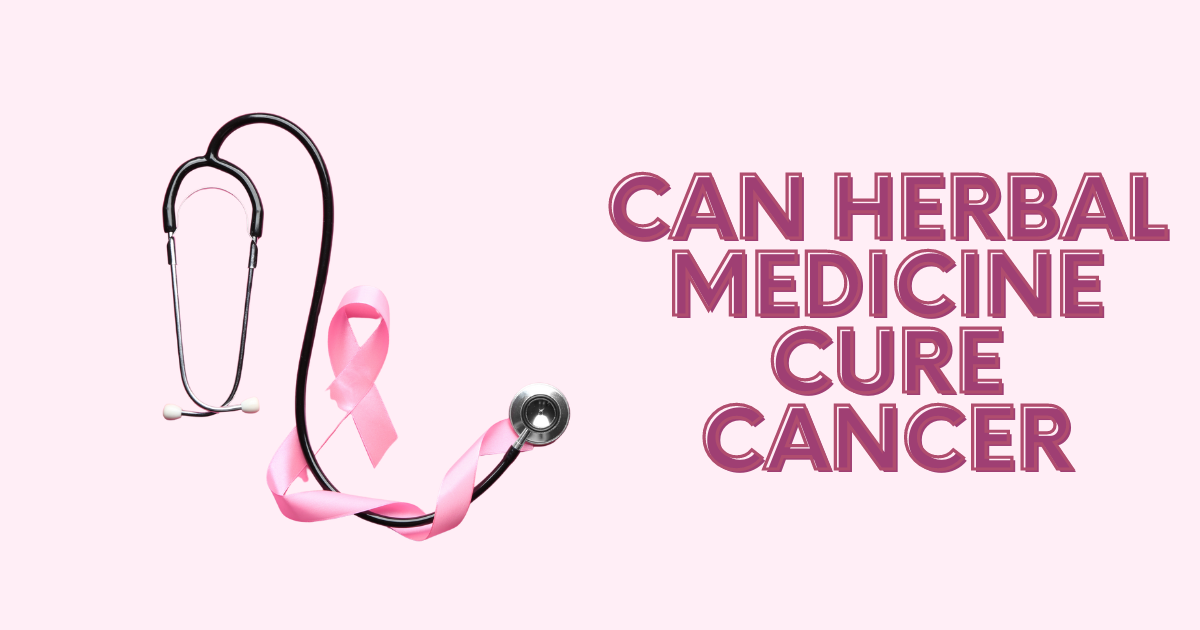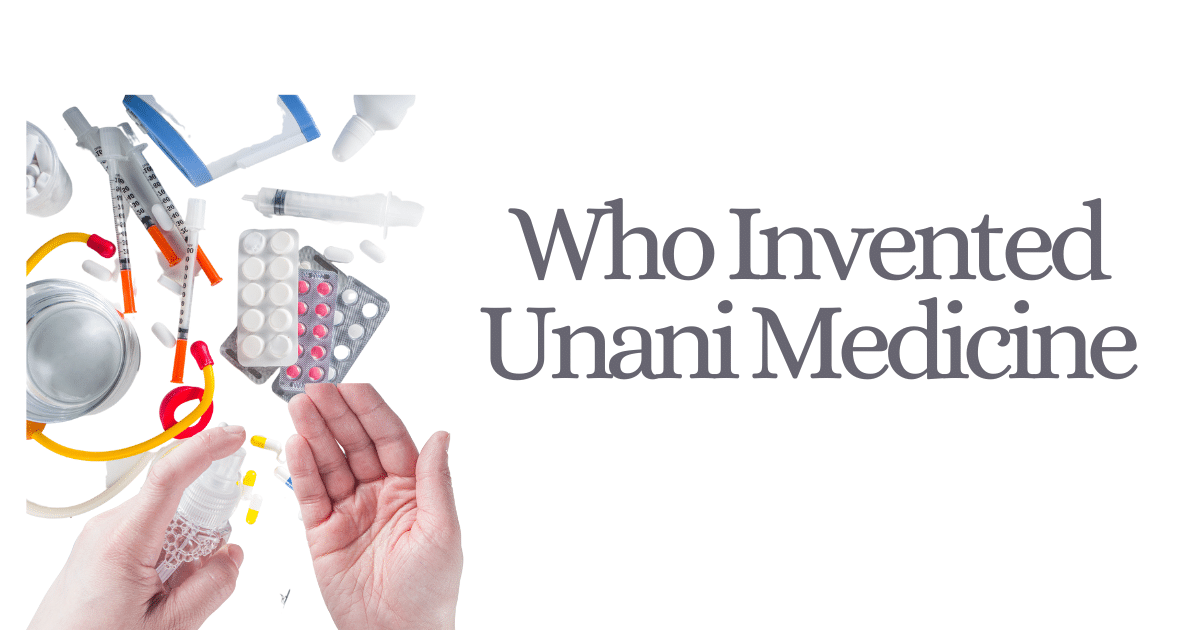What Is Unani Medicine Made Of

Unani medicine, often called Yunani or Greco-Arabic medicine, is a centuries-old medical practice with Islamic, Arab, and Greek roots. It relies on using natural components to reestablish balance and advance health in the body. This blog post will examine the components of Unani medicine and shed light on the wide variety of all-natural ingredients that serve as the cornerstone of this holistic healing practice.
The fundamental ideas of Unani medicine
The fundamental tenets of Unani medicine include the following:
Humoral Theory:
The humoral theory states that the body comprises the four senses of humor: blood, phlegm, yellow bile, and black bile, which is the foundation of Unani medicine. A harmonic balance of these humors leads to good health.
Elemental idea:
It is also influenced by this idea, which links the humor to particular elements:
- Blood is associated with air.
- Phlegm is associated with water.
- Yellow bile is associated with fire.
- Black bile is associated with the earth.
Mizaj:
According to Unani medicine, each person has a unique Mizaj, affecting their propensity for sickness and the care they need.
Components of Unani Medicine
Natural substances, principally, are used in Unani medicine, including:
Herbs:
Unani formulas contain a wide variety of herbs, single and combination. These include more uncommon and regionally distinct plants and popular herbs like ginger, cinnamon, and turmeric.
Minerals:
Some minerals and metals, such as iron, copper, and sulfur, are processed and refined before being employed in Unani remedies to remove any impurities.
Animal Products:
Unani medicine occasionally contains components derived from animals, such as honey, milk, and eggs, each of which was chosen for its unique medicinal powers.
Natural Extracts:
Unani formulations may also contain natural extracts like essential oils and distillates to take advantage of plants’ therapeutic capabilities.
Unani Preparations:
Several preparation techniques are used in unani pharmacology, including decoctions, infusions, distillations, and paste formulations.
Conclusion
The use of natural components in Unani medicine reflects its all-natural, holistic approach to healing. Unani Medicine provides a comprehensive toolkit for managing a wide range of health conditions by utilizing the abundance of plant-based, mineral-based, and animal resources. This strategy supports the growing interest in alternative and natural medicine in contemporary healthcare.
Although the fundamental ideas and procedures of Unani medicine have changed throughout the years, they still offer important insights into the potential of natural products to improve health and well-being. We can better appreciate the rich tapestry of organic components that make up this age-old healing art by learning more about the components of Unani medicine.




